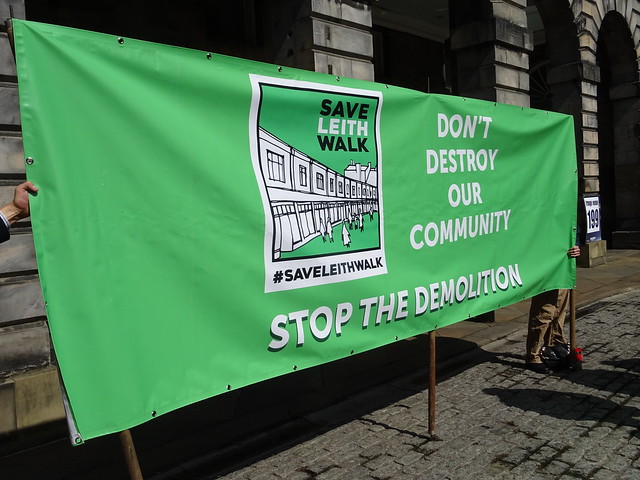Here’s the text of out latest briefing on climate, oil and gas and the cost of living. You can download it here.
Cost of Living
Everyone knows that we are in a cost-of-living crisis. Most of us in Scotland rely on natural gas for cooking and heating and North Sea gas is a guided missile sent into every home in the country which will drive thousands of new people into poverty and will kill the most vulnerable. Oil and gas producers are making mega profits and demanding money with menaces.
Before this happened around a quarter of Scots lived in fuel poverty. As a result of the price rises hundreds of thousands more will be forced to make impossible choices between food and heating. The response from the Tories has been derisory. Their so-called Energy Security Plan does nothing to tackle immediate hardship and doubles down on the most expensive energy options for the longer term – nuclear, oil and gas, hydrogen for heating and carbon capture and storage.

Business as usual – the North Sea Transition Deal
There is a simple reason why the Tories have made these choices. In the face of the climate and cost of living crises they’ve chosen to protect the interests of big oil. It’s not just that they won’t tax the enormous profits that are being made from North Sea Oil and Gas – it’s that they are following the logic of the oil industry’s ‘North Sea Transition Deal’.
A phony deal
The ‘Deal’ is a partnership between the UK and Scottish governments and the unions. It aims to continue the exploitation of North Sea oil and gas up to and beyond 2050. It talks about a net-zero oil and gas basin where the greenhouse gas emissions from the oil and gas would be captured and stored. This is not going to happen, certainly not in the next few decades, and the consequence will be that the UK will fail to meet its contribution to restricting global temperature rises.
Maintaining profits – wasting resources
Moreover, the ‘Transition Deal’ drives high-cost energy options at every step and leaves working people to pay the price. The latest UK government energy strategy aligns entirely with the ‘Deal’. Most of the electricity produced by new nuclear power stations will be required to produce the hydrogen for domestic heating. Using electricity to produce hydrogen for domestic heating at large scale is hugely inefficient. Moreover, nuclear produces much more carbon emissions over its lifecycle than wind or solar.

The alternative
There is an alternative. Electricity produced by wind and solar is already much cheaper than that produced by nuclear, oil and gas and the costs of renewables continue to fall. The money the Tories want to spend on new nuclear is enough to retrofit most homes across the UK – creating jobs, improving health and well-being and cutting energy demand.
An economy based on renewables results in many more jobs than the fossil fuel and nuclear options.
A challenge for the trade union movement
It’s time for a decisive shift in policy and end to partnership with the oil industry. Just transition, indeed arguably any transition that restricts temperature rises to 1.5 degrees, is incompatible with the ‘North Sea Transition Deal’. Sticking with the ‘Deal’ is a disaster for the planet and undermines the ability of the workers movement and the climate movement to build the power we need to win over climate and the cost of living.
A new policy for the union movement
Tackling the cost-of-living crisis and the climate crisis means breaking the partnership with big oil that is inherent in the Transition Deal and campaigning for an end to the development of new North Sea oil and gas and the rapid planned phase out of existing fields. Large-scale investment in renewables and a massive programme of retrofitting would result in lower energy prices and reduced carbon emissions. A serious plan would include support for the oil and gas work force while they transition to new jobs and ramping up options for reskilling, education and training in the new industries.
No more subsidies
The oil and gas industry has been subsidised heavily over the lifetime of the North Sea. The subsidies must stop. Working people are suffering because what they pay for energy fuels super profits for big oil and goes into the pockets of the richest in society whose wealth grows as hedge funds speculate on the oil market. There’s plenty of money to pay for an energy transition.
Among the components of a new policy for the workers movement should be:
Massive investment in wind, solar and tidal energy.
Large-scale expansion of energy storage options.
No more North Sea development.
Taking the North Sea into public ownership and beginning a planned phased out of production.
Support for oil and gas workers to transition to new jobs.
Regulate energy prices to consumers and tax big oil and the rich to end the cost-of-living crisis.
COP26 gave us a glimpse of the potential power when the workers movement and the climate movement come together. Together we can win.














